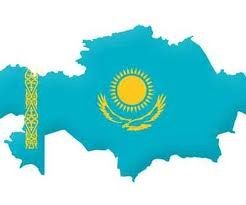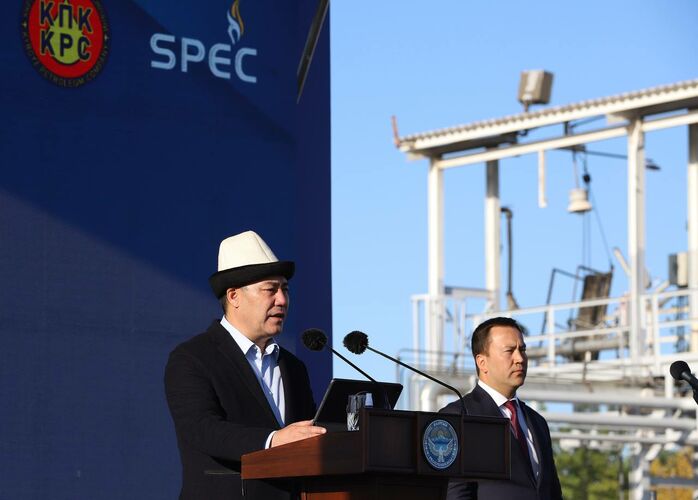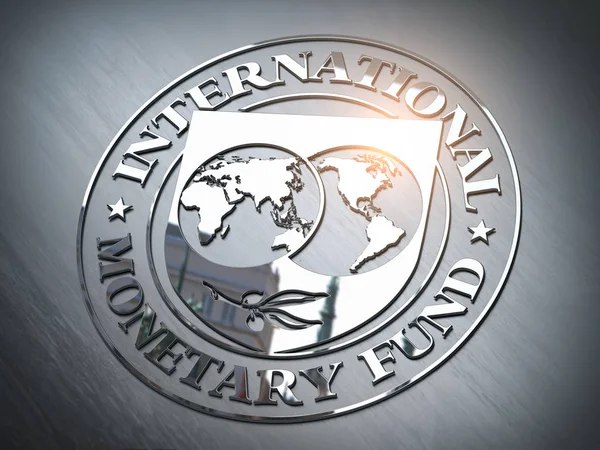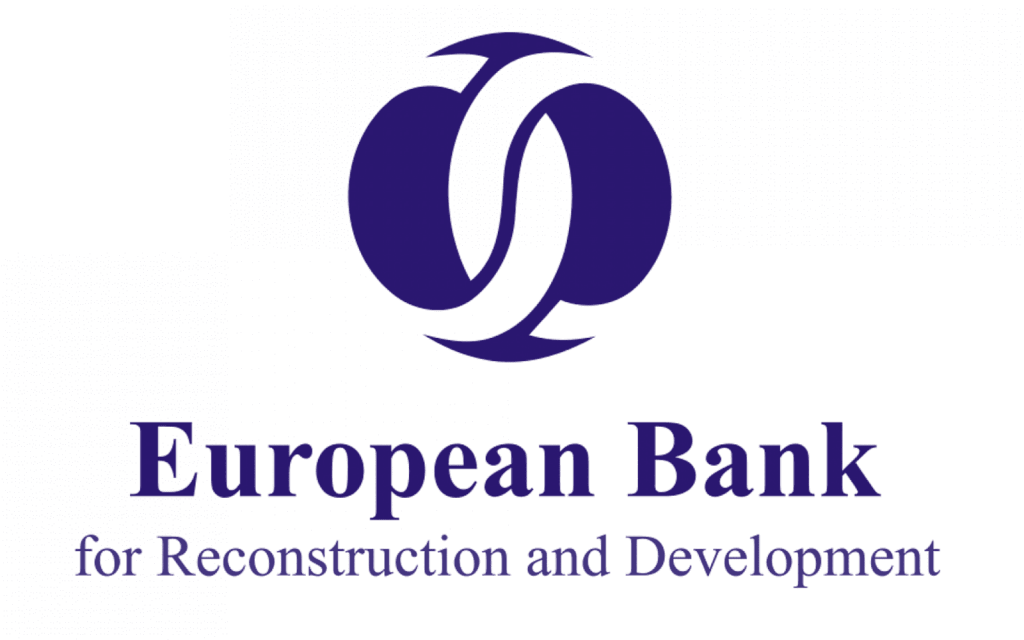ASTANA (TCA) — After a slowdown in 2016, growth in Kazakhstan is expected to strengthen to 2.5 percent this year, reflecting higher oil production and the effect of substantial fiscal stimulus spending, the International Monetary Fund (IMF) said in a press release on May 9, after the IMF Executive Board earlier concluded the 2017 Article IV consultation with Kazakhstan.
The sharp exchange rate depreciation in late 2015-early 2016 triggered a surge in consumer prices, but inflation has come down to levels consistent with the National Bank of Kazakhstan’s target range. The medium-term outlook has improved, with growth in the non-oil sector of the economy expected to gradually pick up to 4 percent, benefitting from structural reforms and a resumption of bank lending. Uncertainty, however, is high, as the economy remains vulnerable to commodity price swings and especially to a sustained decline in oil prices, the IMF said.
“Fiscal policy in recent years has been supportive of economic activity, mainly through the authorities’ flagship Nurly Zhol initiative, which has provided funding to infrastructure, SMEs, and housing. […] At the end of 2016, the authorities approved a new framework and rules for the National Fund that aim to sustain strong buffers and reduce the dependence of the budget on oil revenues. Also, in the context of transition to inflation targeting, the National Bank (NBK) has strengthened its policy toolkit and improved analytical capacity and communications. The decline in inflation, along with anchoring of expectations, has allowed for a steady reduction of the policy rate,” the press release said.
The IMF Executive Directors commended the Kazakh authorities’ policy response, which helped Kazakhstan weather the impact of lower oil prices and slower growth in key trading partners. However, Directors noted that growth prospects are constrained by vulnerabilities arising from swings in commodity prices and long-standing structural weaknesses. They emphasized that policy efforts ahead should focus on strengthening the macroeconomic frameworks, addressing financial sector issues, and implementing reforms to boost and diversify growth.
Directors agreed that while fiscal support helped during the slowdown, consolidation efforts are now needed to maintain strong buffers, reduce the non-oil deficit, protect intergenerational equity, and ensure long-term sustainability. They welcomed the new rules for the National Fund and underscored the importance of a strong fiscal framework to guide adjustment. Directors encouraged gradual unwinding of the fiscal stimulus to minimize its impact on growth. They agreed that the consolidation strategy should focus on increasing non-oil tax revenues to protect capital and social spending. Directors noted that the new tax code presents an opportunity to reduce distortions and raise revenues.
Directors supported the shift in monetary policy toward inflation targeting. They stressed that the National Bank of Kazakhstan (NBK) should continue to build credibility in the new regime, including maintaining exchange rate flexibility, which has been important in adjusting to the oil price shock.
Directors emphasized that addressing banking sector weaknesses, particularly high non-performing loans, should be a top priority. While recognizing that state support is needed, they noted that the use of public funds should be subject to strict conditions to limit costs and moral hazard. Directors encouraged steps to further strengthen bank supervision and regulation frameworks to ensure that problems do not reoccur.
The IMF Directors welcomed the authorities’ ambitious structural reforms agenda and underscored that implementation is key. They noted that to diversify the economy away from oil and promote private sector development, it is important to improve the business environment, successfully complete the privatization program, and enhance the efficiency and accountability of public administration.








